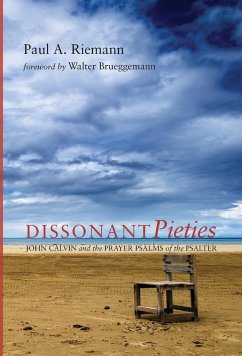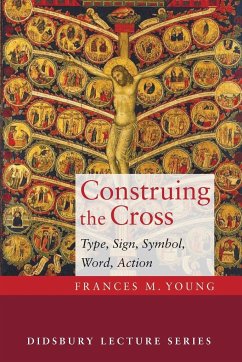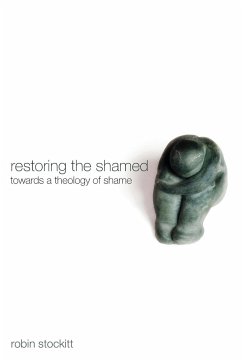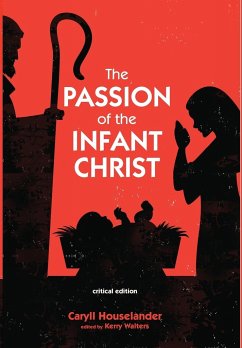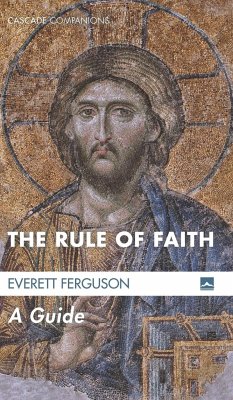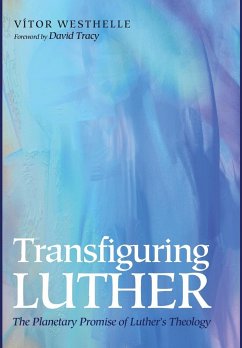Throughout his years as a leader of the Reformation, John Calvin had a special interest in the proprieties of prayer. This interest climaxed in his formulation of four basic rules for proper prayer, rules that he applied in his extensive commentary on the book of Psalms, which dominated his last several years. Calvin was especially interested in the psalms associated with David, particularly the complaint psalms. He sensed an unusual personal affinity with David, who as king faced many situations that seemed to parallel his own less authoritative but very powerful role in Geneva. He was, however, quite critical of the psalm prayers that he found to be in violation of his rules. Riemann analyzes Calvin's criticism and offers a reevaluation of the complaint psalms in themselves. Riemann finds the complaint psalms to have been misunderstood not only by Calvin but by many present-day commentators, who likewise find these psalms to only echo their own piety. Riemann demonstrates the risks of abstracting elements from someone else's piety and appropriating them for ourselves. He asserts that rather the complaint psalms can help us learn how to think about the humanity of God and become proper pray-ers ourselves.
Hinweis: Dieser Artikel kann nur an eine deutsche Lieferadresse ausgeliefert werden.
Hinweis: Dieser Artikel kann nur an eine deutsche Lieferadresse ausgeliefert werden.

